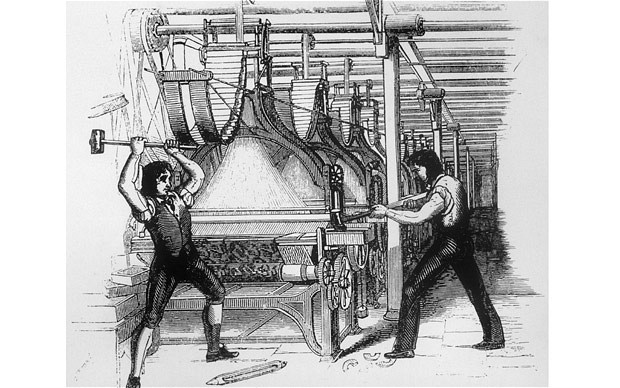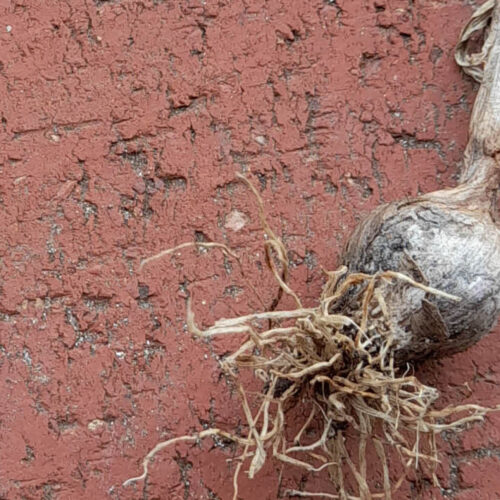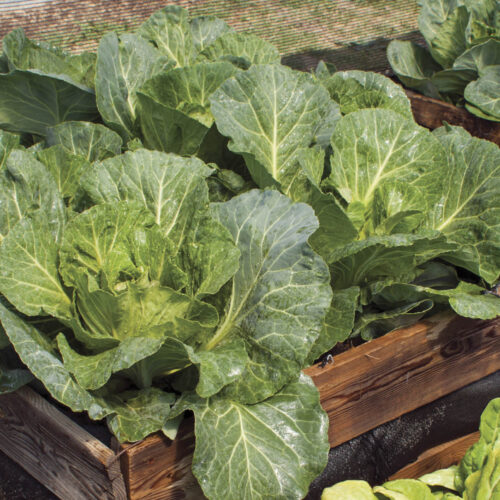Anniversary of the Luddite Uprisings
2011-11-03T12:28:03+11:00
What do you know about the Luddites? Other than the insulting term applied to someone who doesn't have a smart phone or tablet computer, the Luddites have a more in common with organic gardenering than you might think. On the eve of the 200th anniversary of the first Luddite Uprisings, JUSTIN RUSSELL revisits some true radicals.
Here’s an important date you might have overlooked: November 2011 marks the 200th anniversary of the Luddite Uprisings. In case you’re not familiar with anything but the insult, The Luddites were a group of skilled textile artisans who became disgruntled with the introduction of automated looms in industrial-scale mills that deprived skilled workers of their livelihoods and dignity.
History has been very unkind to the poor old Luddites. They weren’t anti-technology or opposed to progress, but rather advocated the appropriate use of technology. Their overwhelming concern was with the common people, and as such, they opposed any technology that was “hurtful to the common good”. And like the early organic farming pioneers of the 1920’s, the Luddites were genuine radicals. In conducting their acts of industrial sabotage, they risked being sent to the gallows or transported to Australia, so they carried out their crimes under the name of “Ned Ludd”, their semi-mythical leader.
I sympathise wholeheartedly with the Luddites and their views. Like them, I’m not against technology, but I do have an acute sense that some technology is creating more harm than good. An example is the lone, middle-aged farmer who jumps in his massive harvester, switches on the satellite guidance unit and spends hours working huge paddocks without seeing another soul.
Those with an agribusiness mindset claim that the GPS unit makes the farmer more efficient and productive. But the question that rarely gets asked is whether a satellite makes the farmer’s work more or less meaningful. A modern day Luddite might suggest that agriculture is more important than agribusiness, and they would probably advocate a food system based on vegie patches, community gardens and small, mixed farms with a shared sense of camaraderie and fellowship.
Those of us who advocate a low-tech, organic approach to food production would do well to revisit the Luddite ideals. Happy 200th, Ned Ludd.






